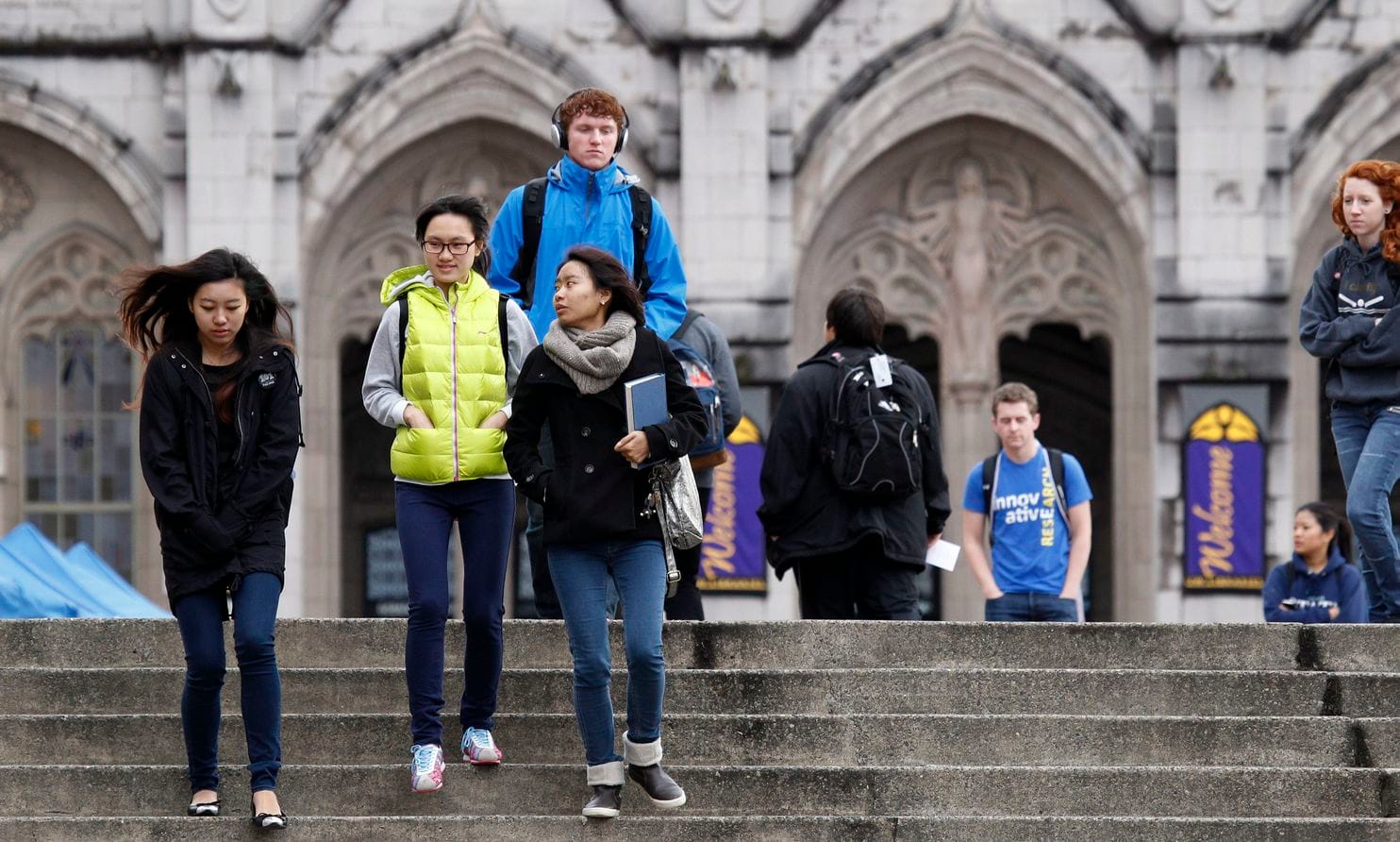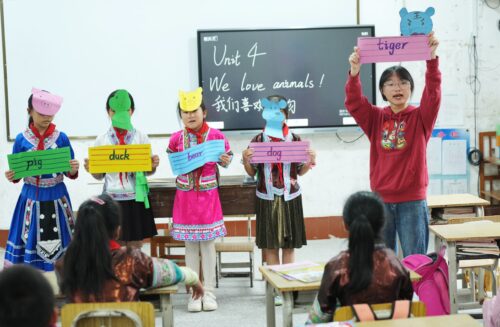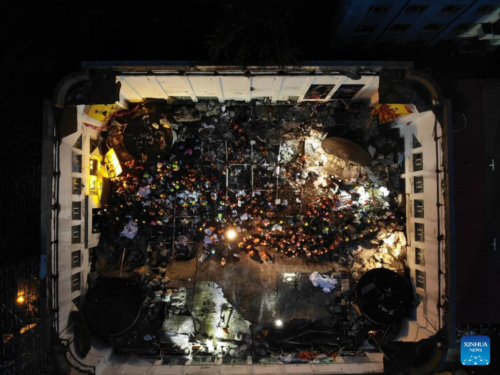‘Drops of one-fifth or more’ in Chinese student enrollment at American universities

The Associated Press reports that U.S.-China political tensions, and increasing visa uncertainties under an American administration hostile to foreigners and Chinese students in particular, have led to dramatic drops in Chinese student enrollment at American universities. The numbers cited:
- A 34 percent drop in new Chinese graduate students at Bentley University in Massachusetts.
- A 23 percent drop in Chinese student enrollment at the University of Vermont.
- A 20 percent drop in Chinese student enrollment at the University of Nebraska-Lincoln.
Other universities haven’t released numbers, but it seems quite likely that the University of Illinois could soon make a claim on an insurance policy it took out two years ago that “will pay US$60 million if revenue from Chinese students drops 20 per cent or more.”
More updates related to the U.S.-China trade war:
The European Union Chamber of Commerce in China made “over 800 detailed recommendations to the Chinese Government, spread across 33 industry sectors and horizontal issues” in a new European Business in China – Position Paper 2019/2020. The core complaint — the need for reform of state-owned enterprises — is shared with the Trump administration.
Trump’s hyperfocus on agriculture was evident out in an awkward exchange with Treasury Secretary Steven Mnuchin in which he “questioned a decision by his top trade negotiators to ask Chinese officials to delay a planned trip to U.S. farming regions after trade talks last week,” Reuters reports.
“Chinese importers bought about 10 boatloads of U.S. soybeans,” or about 600,000 tonnes according to Reuters, but Bloomberg clarifies, “That’s not a huge amount and would look like more normal purchases in the absence of Trump’s tariffs. In the 12 months through August 2017, the last full marketing year before the trade war started, the U.S. exported a total of 36 million tons of soybeans to China.”
“Apple will continue to manufacture its Mac Pro computer in Austin, Texas, the company announced on Monday, just days after the Trump administration granted the company tariff exemptions for Mac Pro components made in China,” according to Politico.






